|
Wadi Mujib is a stunning
wadi (a dry riverbed that
often floods during rainy seasons) and
nature reserve located
in central Jordan.
Known as the "Grand Canyon of Jordan," Wadi Mujib is renowned for its
dramatic canyon landscapes,
rich
biodiversity, and unique
adventure activities,
such as hiking, water trekking, and bird watching.
Key Features of
Wadi Mujib:
-
Location:
-
Wadi Mujib is
situated in the Jordan
Rift Valley, running along the eastern shore of the
Dead Sea. It is
located about 90 km (56
miles) south of
Amman, the capital of Jordan, and is easily accessible
from both Amman
and the Dead Sea.
-
The wadi serves as a
natural boundary between the
Jordanian Highlands
and the Dead Sea Basin,
creating a striking contrast between the
arid desert landscapes
and the lush greenery near the water.
-
Wadi Mujib Nature Reserve:
-
The
Wadi Mujib Nature
Reserve covers over
212 square kilometers
and is a protected area known for its
natural beauty
and diverse flora
and fauna.
The reserve is managed by the
Royal Society for the
Conservation of Nature (RSCN), and it offers visitors a
chance to experience the unique desert ecosystem, wildlife, and
scenic landscapes.
-
The wadi is home
to a variety of
wildlife, including species of
birds,
mammals,
reptiles, and
plants, many
of which are adapted to the harsh conditions of the Jordan Rift
Valley.
-
Adventure Activities:
-
Water Trekking:
One of the main attractions in Wadi Mujib is the
water trek,
where visitors can hike through the
Mujib Gorge
(also known as the Siq
Trail). This is a unique, adventurous experience where
participants wade through the river, climb over rocks, and
traverse waterfalls while being surrounded by towering canyon
walls. The trail is known for its dramatic scenery and
adventurous spirit, making it a popular choice for
thrill-seekers.
-
Canyoning:
For a more extreme adventure,
canyoning in
Wadi Mujib is available. It involves
repelling
down waterfalls, swimming through narrow gorge passages, and
navigating rocky terrain.
-
Hiking: Apart
from the water trek, there are several
hiking trails
in the reserve that lead visitors through dry, rugged
landscapes, offering excellent views of the
Dead Sea,
mountain ranges,
and the surrounding desert. The
Wadi Mujib Canyon
offers some of the best photographic opportunities in Jordan,
especially at sunrise and sunset.
-
Bird Watching:
The Wadi Mujib Reserve is home to a wide variety of bird
species, including migratory birds that pass through the region,
making it a great destination for
birdwatching.
The most famous species include the
Syrian woodpecker,
rock partridge,
and Egyptian vulture.
-
Dead Sea Access:
-
Wadi Mujib
flows into the Dead
Sea, and visitors have the chance to experience the
famous saline waters
of the Dead Sea. The
high salinity of the water makes swimming effortless,
as people can float effortlessly on the surface. The
mineral-rich mud
of the Dead Sea is also believed to have
therapeutic benefits for the skin.
-
Wadi Mujib Bridge and
Views:
-
Flora and Fauna:
-
The reserve is
home to many plant species that have adapted to the dry, desert
climate of the Jordan Rift Valley, including wild herbs, shrubs,
and flowers that bloom during certain times of the year. The
reserve also supports a variety of wildlife, such as
wolves,
hyenas,
foxes, and
gazelles, as
well as smaller creatures like
lizards and
snakes.
-
The wadi is also a
key location for various migratory
bird species,
as it lies along one of the major bird migration routes between
Europe and Africa.
-
Facilities and Visitor
Experience:
-
Mujib Adventure Center:
Visitors can access the
Mujib Adventure Center,
which provides useful information, maps, and services for
trekkers and adventurers. The center is a great starting point
for those planning to explore the wadi's trails and activities.
-
The center offers
locker rooms,
showers, and
changing facilities,
so visitors can clean up after their trek, especially after the
water adventures.
-
Guides are
available for those interested in learning more about the
natural history, geology, and ecology of Wadi Mujib, ensuring a
safe and educational experience for visitors.
-
Best Time to Visit:
-
The best time to
visit Wadi Mujib is during the
spring (March
to May) and autumn
(September to November) when the weather is mild and the
conditions are ideal for outdoor activities like hiking and
water trekking. During the
summer months
(June to August), the temperatures can soar, making it more
challenging to hike, especially in the wadi's canyon.
-
Winter months
(December to February) are cooler, but the water levels in the
wadi may be higher due to rain, and some trails may not be
accessible.
-
Entrance Fees:
-
To access Wadi
Mujib and its trails, visitors are required to pay an entrance
fee. The prices vary depending on the activities you wish to
undertake, such as hiking or canyoning. It is advisable to check
the current rates and booking requirements before planning your
visit.
Summary:
Wadi Mujib offers an
unforgettable adventure in Jordan, with its breathtaking canyons, water
treks, and incredible views of the
Dead Sea. It’s a
must-visit destination for those who enjoy
nature,
adventure, and
outdoor activities.
Whether you’re trekking through water, canyoning, or simply exploring
the diverse flora and fauna, Wadi Mujib provides a unique and exciting
experience in one of the most fascinating geological locations in the
Middle East.
Wadi Mujib is a breathtaking canyon and
nature reserve located in Jordan, often referred to as the "Grand
Canyon of Jordan." It is part of the Mujib
Biosphere Reserve, the lowest nature reserve in the world,
situated along the eastern shore of the Dead Sea.
Wadi Mujib is renowned for its dramatic landscapes, thrilling adventure
activities, and rich biodiversity. Here’s everything you need to know
about Wadi Mujib:
Key Facts About Wadi Mujib
-
Location: Along the Dead Sea Highway, approximately
90 kilometers (56 miles) southwest of Amman,
Jordan.
-
Elevation: Ranges from 410 meters below sea level
(near the Dead Sea) to 900 meters above sea level (in the
mountains).
-
Size: The Mujib Biosphere Reserve covers over 220
square kilometers (85 square miles).
-
UNESCO Status: Part of the UNESCO
Man and the Biosphere Programme since 2011.
Why Visit Wadi Mujib?
-
Stunning Landscapes:
-
Wadi Mujib features dramatic canyons, towering cliffs, and
flowing rivers, making it a paradise for nature lovers and
photographers.
-
Adventure Activities:
-
The reserve is famous for its canyoning and hiking
trails, which involve wading through water, climbing
rocks, and navigating narrow gorges.
-
Biodiversity:
-
Wadi Mujib is home to over 400 species of plants, 102 species of
migratory birds, and wildlife such as ibex, hyraxes, and foxes.
-
Cultural and Historical Significance:
Top Activities in Wadi Mujib
-
Canyoning:
-
The Siq Trail is the
most popular canyoning route, taking you through a narrow gorge
with waterfalls and pools. It’s a challenging but rewarding
experience.
-
Other trails include the Malaqi Trail, Ibis
Trail, and Canyon Trail,
each offering unique landscapes and challenges.
-
Hiking:
-
Birdwatching:
-
Wadi Mujib is a haven for birdwatchers, with species like the Tristram’s
starling, sand partridge,
and griffon vulture.
-
Swimming and Water Activities:
-
Photography:
How to Get to Wadi Mujib
-
By Car:
-
Wadi Mujib is about a 1.5-hour drive from Amman via the Dead Sea
Highway.
-
From the Dead Sea resorts, it’s a short 20-30 minute drive.
-
Guided Tours:
Practical Information
-
Best Time to Visit:
-
The best time to visit is between April and
October, when the water levels are safe for canyoning
and hiking.
-
Avoid visiting during the rainy season (November-March) due to
the risk of flash floods.
-
Entry Fees:
-
What to Bring:
-
Sturdy water shoes, quick-drying clothing, a waterproof bag for
your belongings, sunscreen, and plenty of water.
-
A change of clothes and a towel for after your adventure.
-
Safety:
Where to Stay
-
Dead Sea Resorts:
-
Camping:
Why Visit Wadi Mujib?
-
Adventure: Experience thrilling canyoning and
hiking in one of Jordan’s most stunning natural settings.
-
Nature: Explore diverse landscapes and spot unique
wildlife.
-
Relaxation: Combine your visit with a stay at the
Dead Sea for a perfect blend of adventure and relaxation.
Wadi Mujib is a must-visit destination for adventure seekers and nature
enthusiasts. Whether you’re canyoning through its dramatic gorges,
hiking its scenic trails, or simply soaking in the breathtaking views,
Wadi Mujib offers an unforgettable experience in the heart of Jordan!
|
Jordantal |
 Safaris
Bergsteigen
Wandern
Inselwandern Weltweit
Safaris
Bergsteigen
Wandern
Inselwandern Weltweit
 Europa
Inselwandern
Europa
Inselwandern
 Städtewandern
Städtewandern
 Paintings
Paintings  Dirk Rauschenbach
Dirk Rauschenbach
 Safaris
Bergsteigen
Wandern
Inselwandern Weltweit
Safaris
Bergsteigen
Wandern
Inselwandern Weltweit
 Europa
Inselwandern
Europa
Inselwandern
 Städtewandern
Städtewandern
 Paintings
Paintings  Dirk Rauschenbach
Dirk Rauschenbach
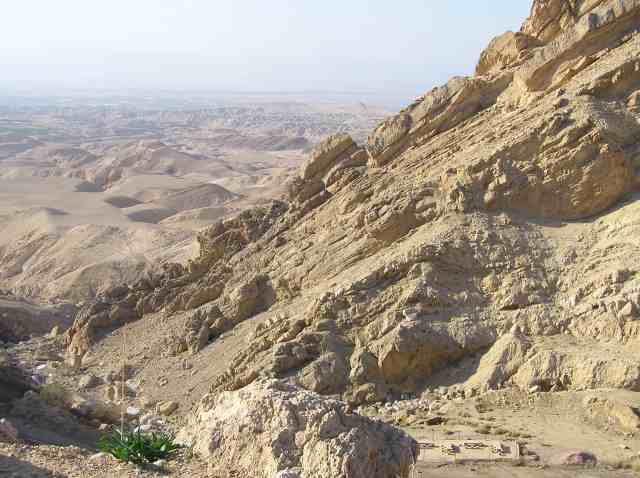
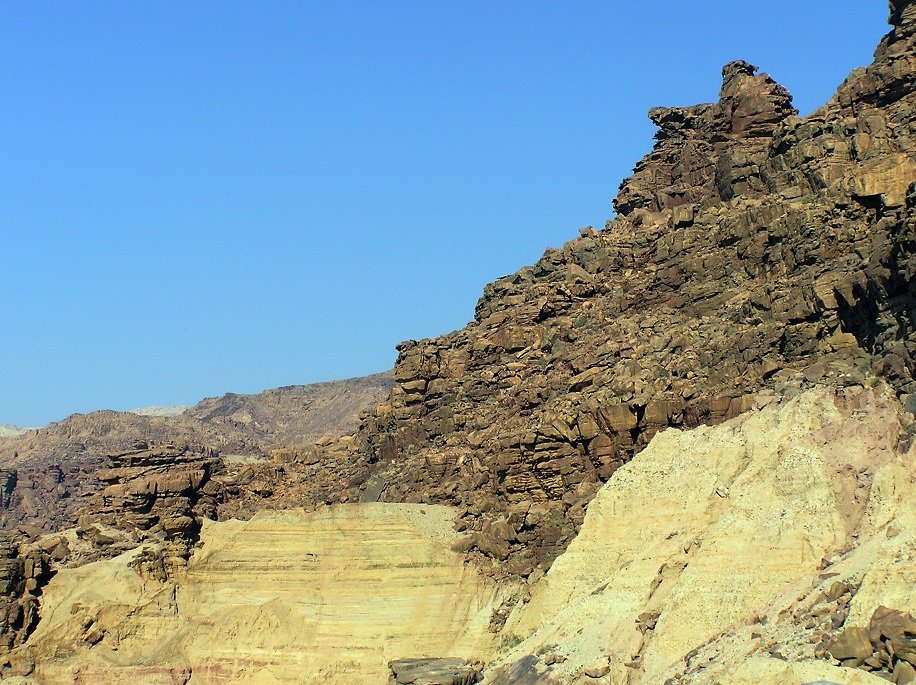
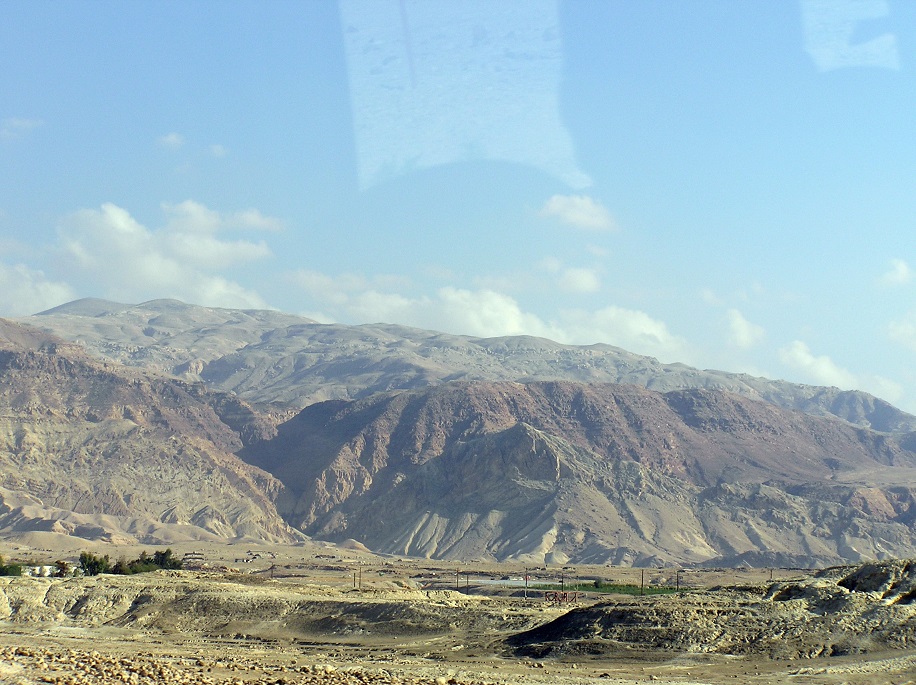
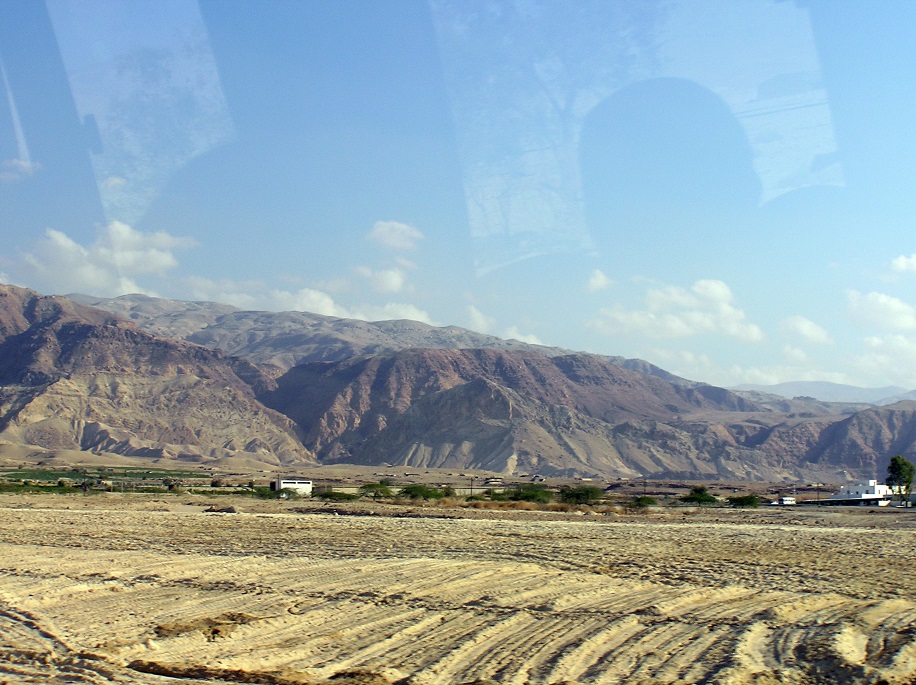
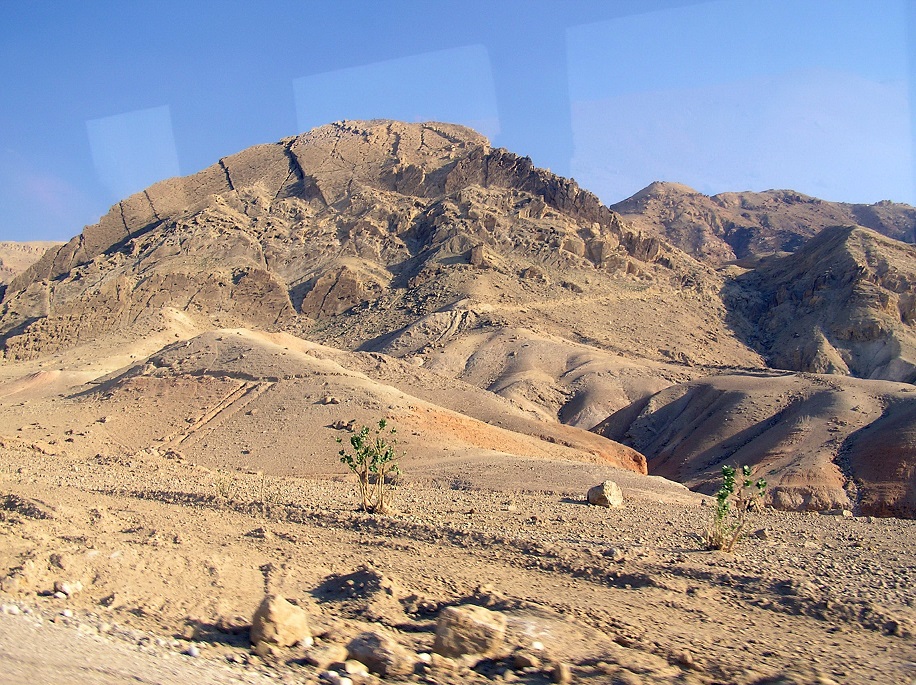
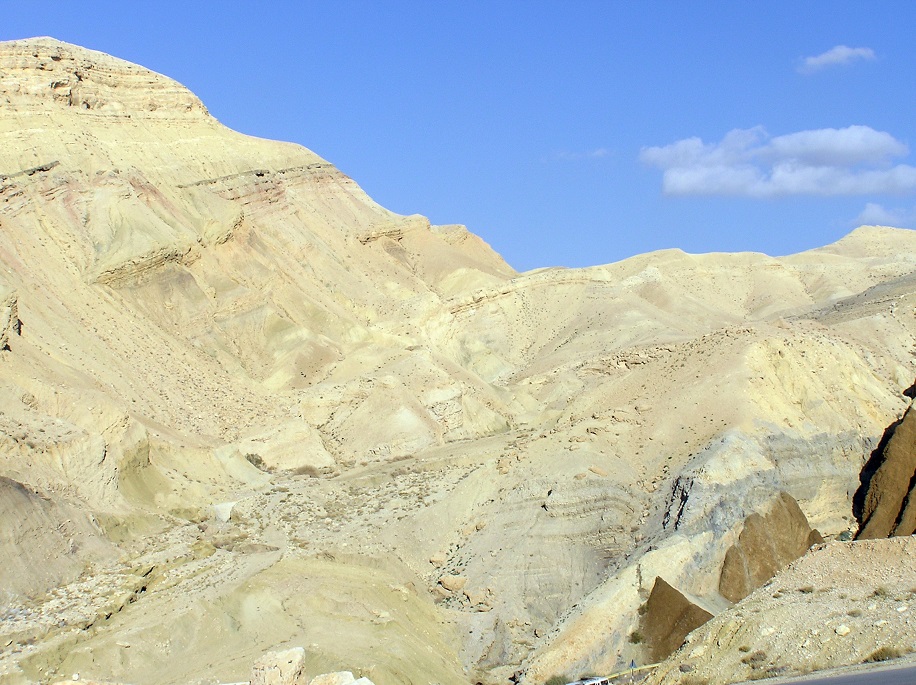
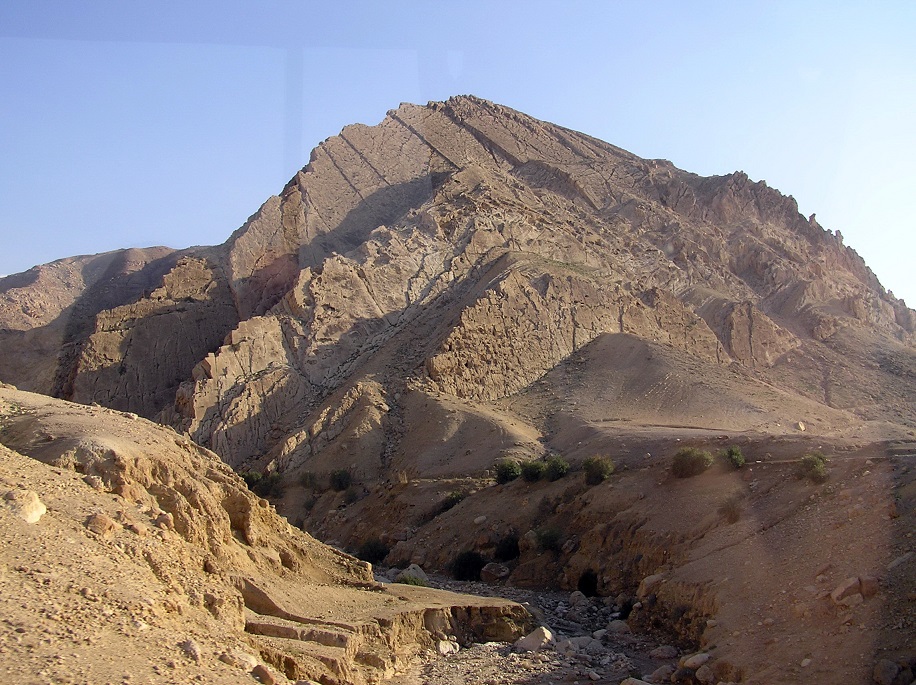
![]() 04.10.25 Copyright Dirk
Rauschenbach Koelnerstrasse 293 51702 Bergneustadt
Datenschutzerklaerung 02261 9788972 Mail ccooly(
at) web.de
04.10.25 Copyright Dirk
Rauschenbach Koelnerstrasse 293 51702 Bergneustadt
Datenschutzerklaerung 02261 9788972 Mail ccooly(
at) web.de